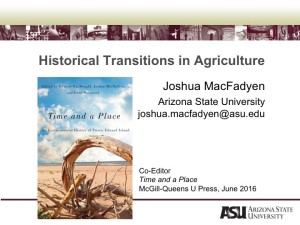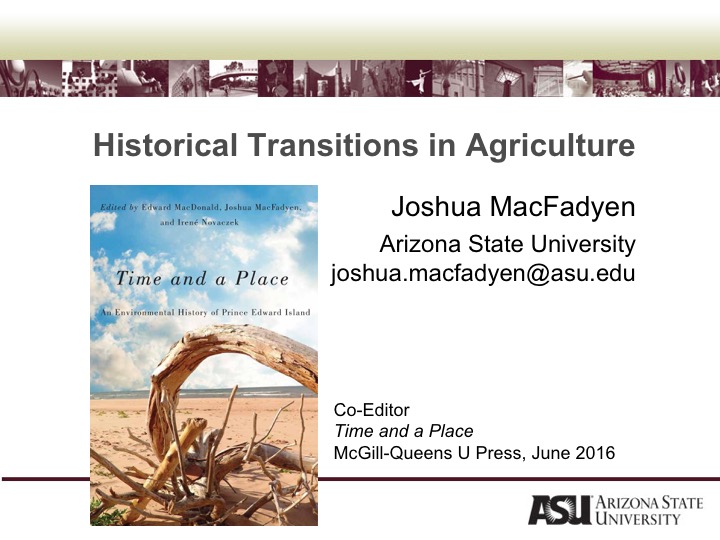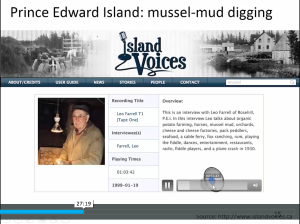
In June I had the pleasure of presenting a talk on “Historical Transitions in Agriculture” in a webinar at The Security and Sustainability Forum (SSF). The webinar was titled Integrated Land Use: What do individuals and societies need from landscapes, and it was organized by Dr Arianne Cease from the School of Sustainability at ASU. It featured Dr Cease, Dr. Brian Robinson of McGill University, and myself. We presented to several hundred food system and sustainability professionals with a broad range of interests and backgrounds.
The webinar was designed to address some of the main challenges in balancing food production and ecosystem services, both from historical and contemporary perspectives. We framed the problem as follows:
The ongoing extensification of agriculture is leading to historically unprecedented tradeoffs between food production and other ecosystem services such as biodiversity, non-timber forest products, landscapes aesthetics, culture, and many others. These tradeoffs are global, and sustainability scientists examine the telecoupled effects of globalization on traditional land management and societies.
This webinar discusses the difficult balance we face in feeding upwards of 9 billion while maintaining other ecosystem services, and between individual and societal benefits. Case studies include grasslands and forests in northern and southern China, farm-forest-estuary interfaces in Maritime Canada, and crop-grassland agriculture in western North America and eastern Australia.
My presentation introduced the concept of the Anthropocene as a new period in geological time, and it discussed agriculture’s role in producing that historical transition. My talk argues that human agriculture could be broadly conceived as a series of cycles between extensification and intensification within the larger trend of a transition from organic to mineral (fossil-fuel based) periods in history.
I then focus on an example from the agricultural history of Prince Edward Island from my new book Time and a Place. This province experienced settlement and the intensification of livestock husbandry in the nineteenth and early twentieth centuries. However, much of the intensification occurred within the organic regime, or without the help of fossil fuels or mechanization. Farmers like Leo Farrell describe the exploitation of organic fertilizers like mussel mud, which became one way to increase production even before the transition to fossil-fuel based agriculture.
The video of the webinar is available here.
It was exciting to discuss these major themes and contemporary challenges in our food systems, and I’m grateful to Ed Saltzberg and the SSF for hosting, and to Arianne and Brian for sharing the stage.


